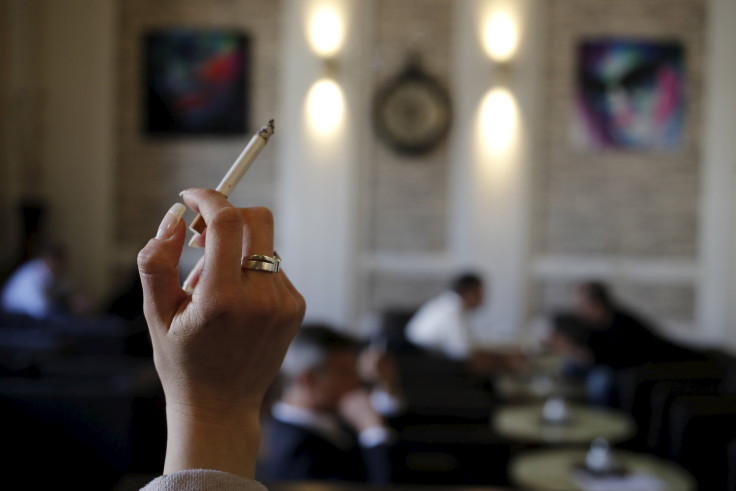Smoking Cigarettes Even Rarely Harms Your Health: Understanding The Real Risks

Answer this question: Does your risk of lung cancer decrease once you stop smoking? A new public health survey revealed that many people do not know the correct answer (which is 'No'). Despite decades of anti-smoking campaigns, say French researchers at the European Lung Cancer Conference in Geneva, Switzerland, many people still underestimate the health risks linked to smoking and also fail to acknowledge the risk of smoking even a few cigarettes a day.
Dr. Laurent Greillier, an oncologist at Hopital Nord in Marseille, France, and his colleagues analyzed data from a representative survey of 1,602 French people between the ages of 40 and 75. Their survey included 1,463 people with no history of cancer; of these, 481 were former smokers and 330 were current smokers, whose average daily consumption amounted to about 14 cigarettes.
Questioning all the participants, a full third wrongly believed that smoking up to 10 cigarettes a day was not linked to any risk of lung cancer.
“This finding is particularly impressive and threatening,” said Greillier in a press statement. “In our study, only half of subjects answered that there is no 'safe' cigarette.”
Even worse, only half of the current smokers in the group considered themselves at higher risk of lung cancer than average, while less than 40 percent of people were not aware that the risk of lung cancer does not disappear after smoking cessation.
Clearly, 'denial' among smokers remains strong. According to oncologists, the risk for lung cancer is most dependent on duration of smoking, while the number of cigarettes smoked each day matters as well. Though less cigarettes is definitely better than more, it is important to remember risk for cardiovascular disease along with lung cancer starts with just one cigarette per day.
Worldwide, smoking among women is highest in the European Region at 22 percent, according to the World Health Organization, which also finds smoking among men to be highest in the Western Pacific Region, where just over half of all men age 15 and older smoke some form of tobacco. In all regions except Europe, girls between the ages of 13 and 15 are using tobacco at higher rates than women older than 15. The rates at which teen boys use tobacco average around 18 percent globally.
Though everyone appears to understand that smoking is a risk factor for developing several cancers, especially lung cancer, Greillier believes people may be aware of the dangers of tobacco, “but might consider that the risks are not for themselves, but only for other people." He added, “Our findings suggest to urgently initiating campaigns concerning the risk of any cigarette. The war against tobacco is not over!”



























